Opening ceremony local division Unified Patent Court in The Hague
May 10, 2023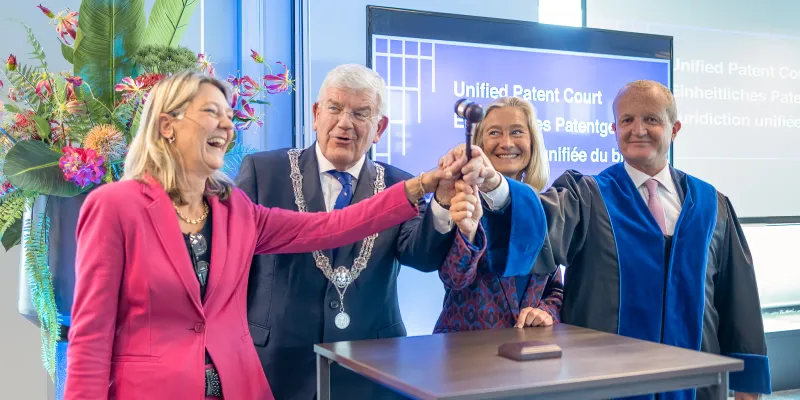
Around 200 judges, patent litigators, patent attorneys, other patent experts, representatives of scientific institutions and companies, government officials, The Hague mayor Jan van Zanen and Dutch minister of Economic Affairs and Climate, Micky Adriaansens, attended the opening ceremony of the Dutch local division of the Unified Patent Court today in The Hague.
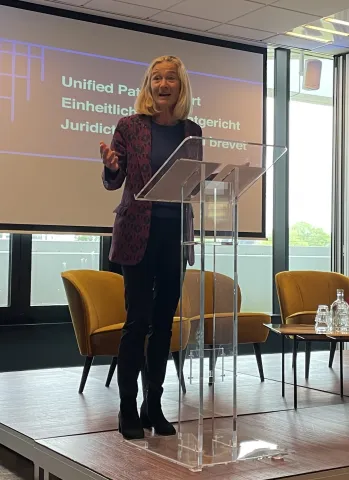
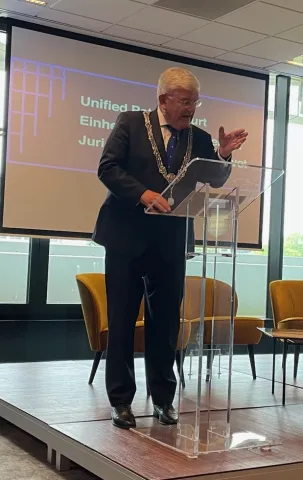
Rian Kalden, who is member of the UPC’s presidium and will be presiding judge of the second panel of the Court of Appeal, described the long and difficult process towards the creation of the Unified Patent Court. She recalled how judges could apply for a post at the court for the first time in 2013. ‘They asked whether I would be available for interviews in the summer, but I wasn’t, I was on holiday, far away from the Netherlands.’
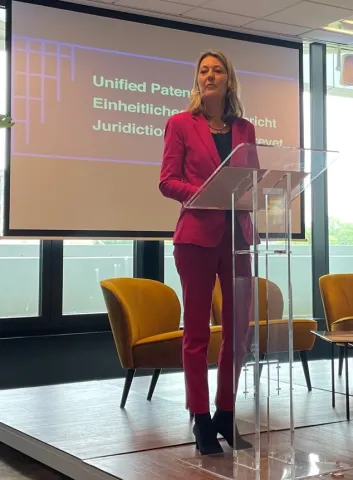
According to Kalden, many compromises had to be found, leading among others to a quite complex UPC structure. She praised the efforts and endurance of the people who were involved and predicted interesting, challenging times. It is inevitable that sometimes things will go wrong, but with flexibility and a positive mindset these can be overcome. Remarkably Kalden hesitated when she was asked whether anything could still prevent the start of the UPC on the first of June. Encouraged by some spectators, she finally said ‘no’.
After her speech Rian Kalden, her colleague Edger Brinkman, Jan van Zanen en Micky Adriaansens ‘opened’ the local division by jointly using a special UPC hammer for the first time.
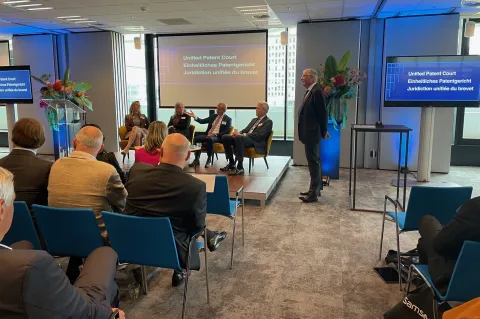
Discussion leader Wouter Pors, Bird & Bird partner and a long-time advocate of the UP system, stressed the quality of the UPC judges, and the unfounded concerns about unpredictability of decisions at unexperienced local divisions. Besides a local judge, two more experienced judges will always be involved and of course, there is always the option of appeal, he pointed out.
 Pors and judge Edger Brinkman (to the right on the top photo), among others, agreed that the local UPC division in The Hague could become a popular venue, as the Dutch were closely involved in drawing up the Rules of Procedure, Dutch IP judges have a reputation for issuing quality decisions at relatively low costs and English as process language is no problem at all for them. Edger Brinkman explained that as there are different national traditions it has to be seen how some decisions in UPC cases will turn out. Rian Kalden expects some changes in decision making in patent cases in the Netherlands as well. ‘Think UPC’, is the mission.
Pors and judge Edger Brinkman (to the right on the top photo), among others, agreed that the local UPC division in The Hague could become a popular venue, as the Dutch were closely involved in drawing up the Rules of Procedure, Dutch IP judges have a reputation for issuing quality decisions at relatively low costs and English as process language is no problem at all for them. Edger Brinkman explained that as there are different national traditions it has to be seen how some decisions in UPC cases will turn out. Rian Kalden expects some changes in decision making in patent cases in the Netherlands as well. ‘Think UPC’, is the mission.
Will UPC litigation become dominant to the detriment of national patent litigation? The majority of the audience didn't think that is realistic. The general feeling seemed to be that a period of four to five years is more likely.
(Photo on top: Elena Kamphuis, other photos: Kluwer Patent Blogger)
You may also like





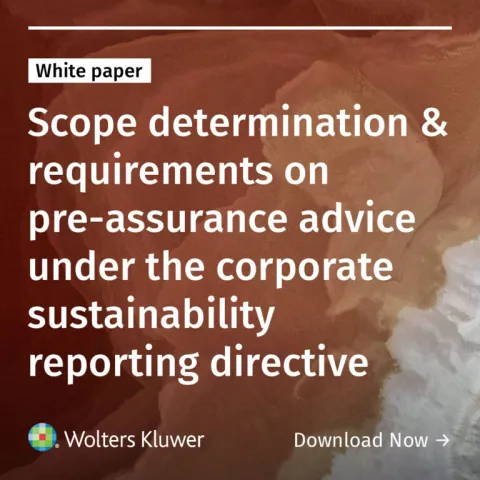








Adam Brown
"relatively low costs" Court fees in NL: 667eur court fees in UPC: 20.000eur/11.000eur Ministers should learn how to count.
Max Drei
I remember the 1970's, when many corporations adopted a "wait and see" line in relation to the EPO and, particularly, the PCT. It took an entire generation of patent practitioners, before the PCT/EPC system became ubiquitous and unassailable. Does anybody seriously expect a transformation in anything less than one full patent term? Meanwhile, the large multi-jurisdictional patent litigation firms are gearing up enthusiastically to exploit the new business opportunities for feeding from the uncertainty, and then co-ordinating litigation in London with litigation before the UPC. Their fees are going to be significant, legitimating the claim made here, that litigating in The Netherlands has been done, up to now, at "relatively low cost".